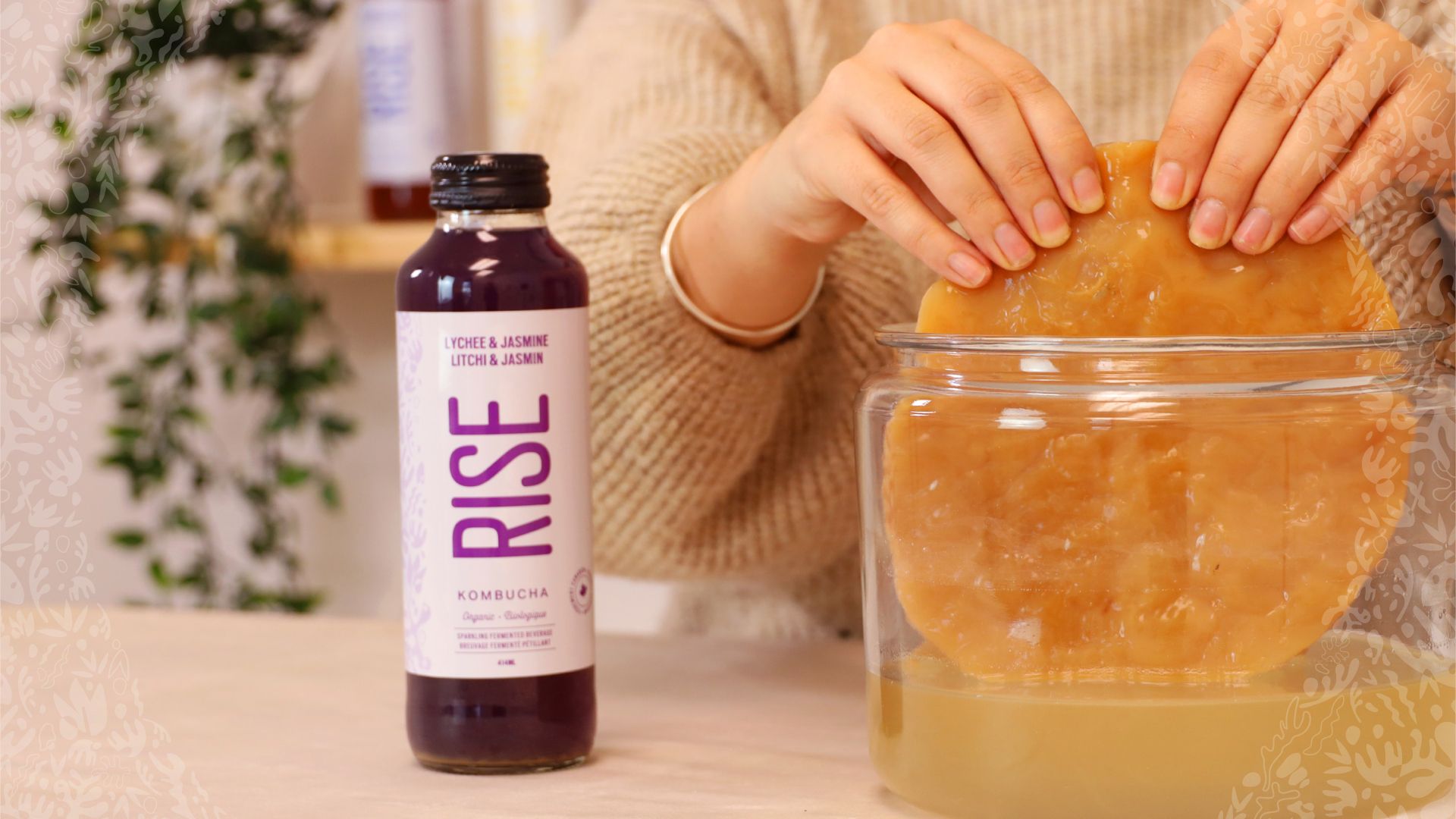
Unveiling the Truth: Is Kombucha Halal or Not?
Kombucha, the trendy fermented tea drink, has taken the world by storm with its supposed health benefits and unique taste. But for those following a Halal diet, a pressing question arises: Is Kombucha Halal? Let’s dive into the details and uncover the truth about this popular beverage.
What is Kombucha?
Kombucha is a fermented drink made from tea, sugar, bacteria, and yeast. The fermentation process produces a slightly fizzy beverage that is often flavored with fruits, herbs, or spices. Known for its tangy taste and potential health benefits, kombucha has become a favorite among health enthusiasts.
How is Kombucha Made?
To understand whether kombucha is Halal, it's important to know how it’s made. The process starts with brewing tea and dissolving sugar in it. This mixture is then cooled and transferred to a jar, where a SCOBY (Symbiotic Culture of Bacteria and Yeast) is added. The fermentation process usually takes 7-14 days, during which the SCOBY ferments the sugar, producing a small amount of alcohol and carbon dioxide.
Fermentation and Alcohol Content
One of the main concerns for those wondering if kombucha is Halal is its alcohol content. During fermentation, yeast converts sugars into alcohol, and bacteria convert alcohol into acetic acid and other compounds. While the alcohol content in kombucha is generally low (typically less than 0.5%), it’s still present.
Halal Guidelines and Alcohol
In Islam, the consumption of alcohol is prohibited. However, there's some nuance when it comes to small amounts of alcohol. According to some Islamic scholars, if the alcohol content is so low that it doesn’t cause intoxication, it might be permissible. This brings us to the crux of the matter: does the alcohol content in kombucha render it Haram (forbidden), or is it negligible enough to be considered Halal?
Different Opinions Among Scholars
Islamic scholars have varying opinions on whether kombucha is Halal. Some argue that since the alcohol content is very low, it’s permissible. Others caution against its consumption, stressing the importance of avoiding any form of alcohol.
Factors Affecting Alcohol Content in Kombucha
The alcohol content in kombucha can vary based on several factors:
- Fermentation Time: Longer fermentation can lead to higher alcohol content.
- Temperature: Warmer temperatures can increase alcohol production.
- Ingredients: The type of tea and sugar used can affect fermentation.
Store-Bought vs. Homemade Kombucha
Commercially produced kombucha is often regulated to ensure the alcohol content stays below 0.5%, making it more likely to be considered Halal. However, homemade kombucha can be trickier. Without proper control, homemade batches can sometimes exceed this alcohol limit.
Halal Certification for Kombucha
To make things easier, some kombucha brands seek Halal certification. This involves rigorous testing to ensure the alcohol content remains within permissible limits. Looking for Halal-certified kombucha can provide peace of mind for consumers following a Halal diet.
Health Benefits of Kombucha
Kombucha is praised for its potential health benefits, which include:
- Probiotics: Beneficial bacteria that can aid digestion.
- Antioxidants: Compounds that protect cells from damage.
- Detoxification: Helps the liver detoxify the body.
- Immune Support: Boosts the immune system.
The Role of Probiotics
One of the main reasons people consume kombucha is for its probiotic content. Probiotics are live bacteria and yeasts that are good for your digestive system. They help maintain a healthy gut, which is crucial for overall health.
Potential Risks of Kombucha
While kombucha has many potential benefits, it’s not without risks. Over-fermented kombucha can produce higher alcohol levels and excess acetic acid, which can be harmful. Additionally, contaminated homemade kombucha can lead to food poisoning.
Alternative Halal Fermented Drinks
If you’re still unsure about kombucha, there are other Halal fermented drinks to consider:
- Kefir: A fermented milk drink rich in probiotics.
- Fermented Fruit Juices: Naturally fermented fruit juices can be a good alternative.
- Fermented Vegetables: Sauerkraut and kimchi are excellent sources of probiotics.
Making Informed Choices
Ultimately, whether you choose to consume kombucha depends on your personal beliefs and the opinions of the scholars you follow. It’s important to make informed choices and consider the factors affecting the alcohol content in kombucha.
Consulting Religious Authorities
If in doubt, consult with a trusted religious authority or scholar. They can provide guidance based on the latest knowledge and interpretations of Islamic law.
Conclusion
The question "Is kombucha Halal?" doesn’t have a one-size-fits-all answer. It depends on the alcohol content, the fermentation process, and individual beliefs. For those committed to a Halal diet, seeking out Halal-certified kombucha or consulting with religious authorities can offer clarity. Remember, the key is to stay informed and make choices that align with your values and beliefs. Whether you decide to enjoy kombucha or opt for other fermented drinks, the journey to wellness and adherence to your faith can go hand in hand.

Tidak ada komentar: